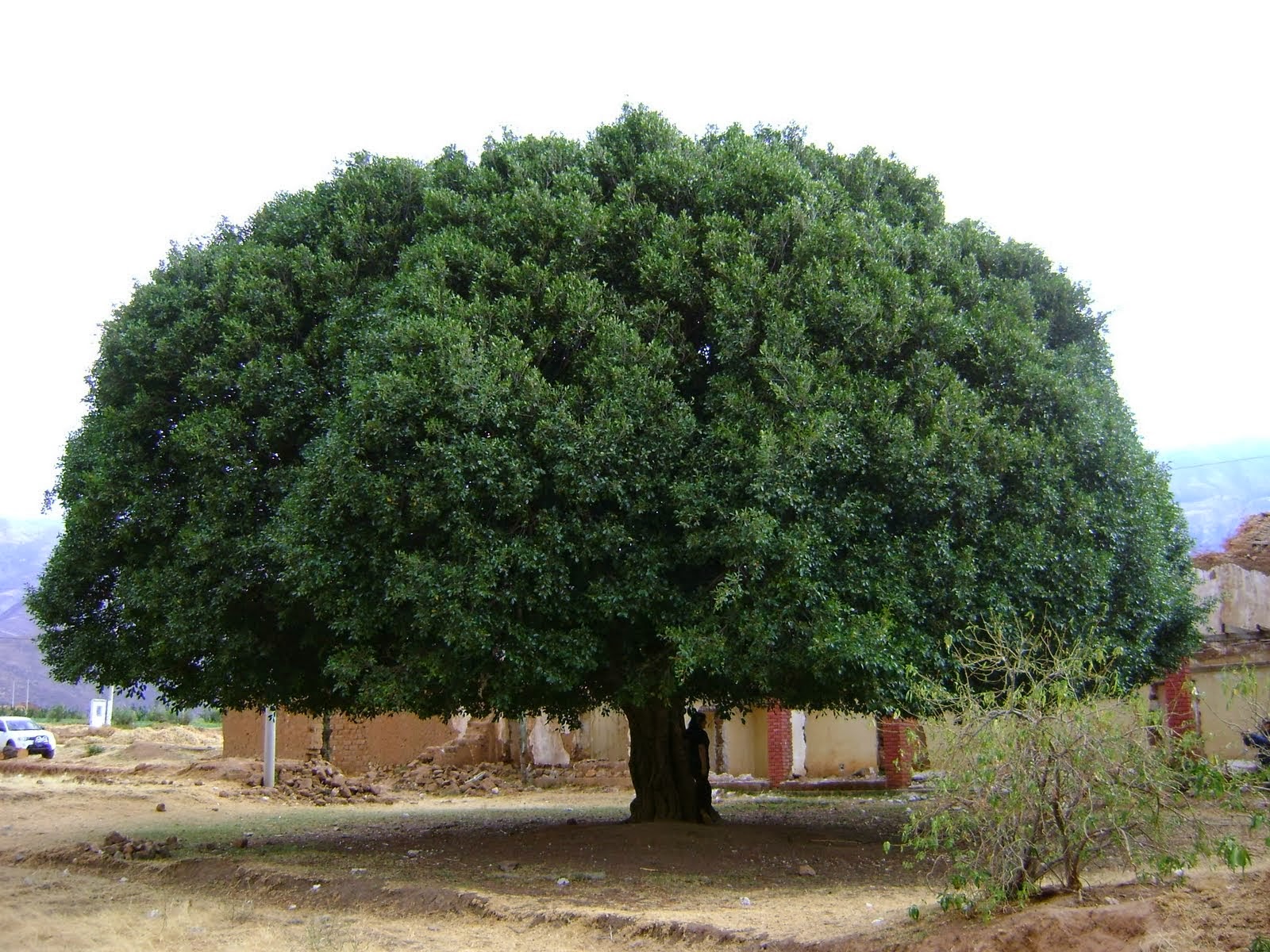Quina, a remarkable plant that has captivated the attention of herbalists and scientists alike, is recognized for its unique properties and historical significance. This fascinating botanical is often explored for its medicinal benefits and cultural relevance, making it a topic of interest for those seeking natural remedies. As we delve into the world of quina, we will uncover its origins, uses, and the science behind its healing capabilities.
Originating from the rainforests of South America, quina has been utilized for centuries by indigenous tribes. The bark of the quina tree is rich in alkaloids, particularly quinine, which is widely known for its effectiveness in treating malaria. The historical journey of quina is intertwined with European colonization, where its medicinal properties were recognized and eventually led to widespread use in modern medicine. In this article, we explore the depth of quina's impact on health, wellness, and culture.
As we navigate through the various facets of quina, we will address common questions and misconceptions surrounding this intriguing plant. Whether you are a health enthusiast, a curious reader, or someone seeking alternative treatments, understanding quina will enlighten you on its potential benefits. Join us as we embark on this exploration of quina and its multifaceted role in our lives.
What is Quina and Where Does it Come From?
Quina, scientifically known as Cinchona, is a genus of trees and shrubs found primarily in the tropical forests of South America. The most notable species, Cinchona officinalis, is renowned for its bark, which contains high concentrations of quinine. This compound has been instrumental in the fight against malaria and has garnered attention for its other potential health benefits.
How Has Quina Been Used Throughout History?
The history of quina is deeply rooted in indigenous practices. The Quechua and Aymara people of Peru have long utilized the bark of the quina tree for medicinal purposes. Its introduction to Europe in the 17th century marked a significant turning point in the treatment of malaria. The bark was brought back by Spanish colonists, where it quickly gained popularity as a treatment for fevers and other ailments.
What Are the Key Components of Quina?
The primary component of quina is quinine, an alkaloid known for its antimalarial properties. In addition to quinine, the bark also contains other alkaloids such as cinchonine, cinchonidine, and quinidine, each contributing to its therapeutic effects. These compounds work together to provide a range of health benefits, making quina a valuable resource in herbal medicine.
What Are the Health Benefits of Quina?
Quina is celebrated for its numerous health benefits, including:
- Antimalarial Properties: Quina is best known for its effectiveness in treating malaria, owing to its high quinine content.
- Pain Relief: The alkaloids in quina may provide analgesic effects, helping to alleviate pain.
- Digestive Aid: Quina has been traditionally used to treat digestive issues and improve appetite.
- Anti-inflammatory Effects: Some studies suggest that quina may have anti-inflammatory properties, which could benefit various health conditions.
How Can Quina Be Consumed?
There are several ways to incorporate quina into your health regimen. Some of the most common methods include:
- Tea: Quina bark can be steeped in hot water to create a herbal tea.
- Tinctures: Alcohol-based tinctures can extract the beneficial compounds from quina for easier consumption.
- Capsules: Quina supplements are available in capsule form for those who prefer a more convenient option.
Are There Any Side Effects of Quina?
While quina offers various health benefits, it is essential to be aware of potential side effects. Some individuals may experience:
- Nausea or gastrointestinal discomfort
- Allergic reactions in sensitive individuals
- Interactions with certain medications, particularly blood thinners
It is advisable to consult with a healthcare professional before incorporating quina into your health routine, especially if you are pregnant, nursing, or have underlying health conditions.
What Is the Future of Quina in Modern Medicine?
The resurgence of interest in herbal remedies has prompted researchers to investigate the potential of quina in various therapeutic applications. Studies are ongoing to explore its efficacy in treating other diseases and conditions beyond malaria. The unique properties of quina may lead to innovative treatments in the future, emphasizing the importance of preserving this remarkable plant and its habitat.
How Can We Support Quina Conservation?
Conserving quina and its natural habitat is crucial for ensuring its availability for future generations. Here are a few steps we can take to support quina conservation:
- Promote Sustainable Harvesting: Encouraging sustainable practices among local communities can help protect quina populations.
- Support Conservation Initiatives: Contributing to organizations focused on rainforest conservation can aid in preserving the ecosystem where quina thrives.
- Raise Awareness: Educating others about the importance of quina and its benefits can foster greater appreciation for this unique plant.
Conclusion: What Lies Ahead for Quina?
Quina remains a symbol of the intersection between nature and medicine. Its rich history and potential health benefits make it an intriguing subject for further study and exploration. As we look to the future, it is essential to prioritize the conservation of quina and its environments, ensuring that this remarkable plant continues to thrive and provide its healing properties to those in need.
You Might Also Like
Experience The Thrill Of MD Live Casino: Your Ultimate Gaming Destination**The Intriguing Journey Of Shane Brolly: A Star In The Making**
Unraveling The Nostalgia Of VHS: A Journey Through Time
Kisser Nashville: A Melodic Journey Through The Heart Of Music City
Discovering Iscord: The New Frontier Of Communication
Article Recommendations
- Digital Strategy_0.xml
- Streaming Device Whose Name Means Six
- How Tall Sarah Jessica Parker
- Girl Meets World Cast
- Ella Bleu S Career Updates
- Water Softener Overflowing Brine Tank
- Healthy Habits_0.xml
- Chevy S10 Steering Wheel
- Growth Hacking_0.xml
- Bryan Hearne


